 |
 |
 |
 |
 |
 |
 |
 |
| |
“Excellent set of talks, brilliantly delivered. Thank you”
Betty, Arcadia Grand Voyage
| |
|
|
 |
 |
|
Australasia
Talks can be delivered which relate to the following countries:
China, India, Cambodia, Thailand, Malaysia, Japan, Australia.
See below for the talks that are available for each of the above locations.
To learn more about the sites or buildings shown on this page you can visit the Famous Historic Buildings website produced by Ron. This provides an overview of the sites or buildings talked about and contains information about them and includes some of the photographs used by Ron in his talks.
China
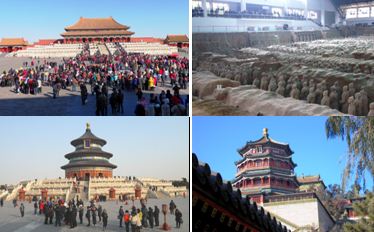 |
|
China
This talk is designed to give an introduction to the history and civilisation of China through some of its great construction works and the people involved in their commissioning. Ron will look at some of its Tombs, Temples and Palaces. LEARN MORE
|
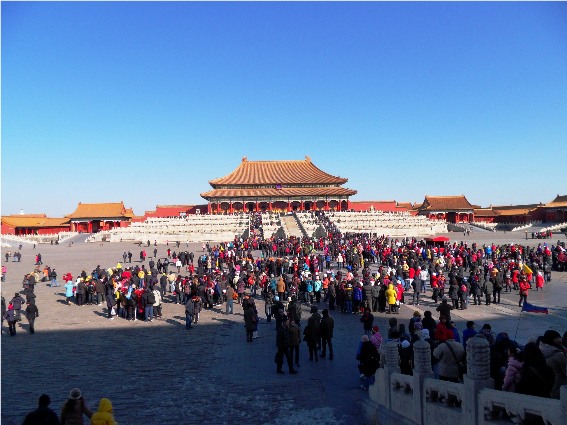 |
|
Forbidden City - Beijing
From the 15th to 20th Century, it served as the home of the Emperor of China and his household and as the ceremonial and political centre of government. It has nearly 1000 buildings with almost 10,000 rooms and is spread over 186 acres, which prior to the abdication of the emperor in 1912 was for his exclusive use. Since 1924 it has been the Palace Museum and in this talk, Ron will explain its history and look at some of the buildings and their use. LEARN MORE
|
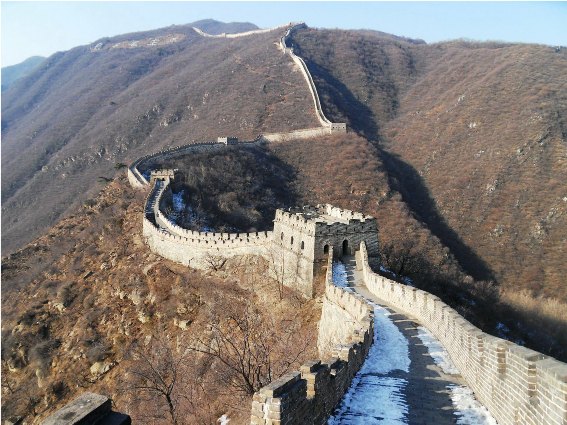 |
|
Great Wall of China
Built between the 6th century BC and the 16th century AD to protect the northern borders of China it stretches over 4,000 miles and cost in the range of 2 to 3 million lives. In this talk, Ron will look at the background to its construction and the methods used. LEARN MORE
|
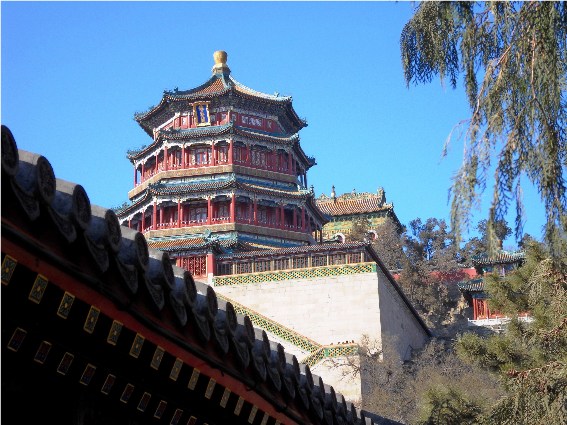 |
|
Summer Palace - Beijing
The summer residence of China's imperial rulers from 1750 was built in gardens dating back to the 12th century. In this talk, Ron will look at some of the many buildings which make up this unique site and tell you the history behind it and some of the people involved with its development. LEARN MORE
|
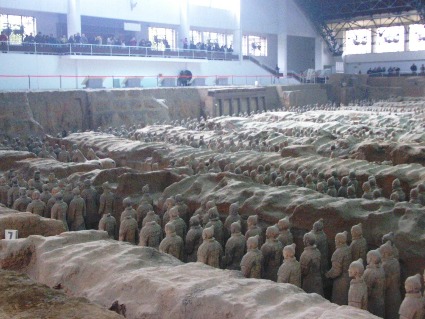 |
|
Terracotta Warriors - Xi’an
More than 8,000 individual life-size terracotta figures, dating from 210 BC, were discovered in 1974 near the Mausoleum of the First Qin Emperor and include warriors, horses, chariots, officials, acrobats, strongmen and musicians to protect and entertain the emperor in the afterlife. In this talk, Ron will look at and explain the history behind the figures and the complex in which they were found. LEARN MORE
|
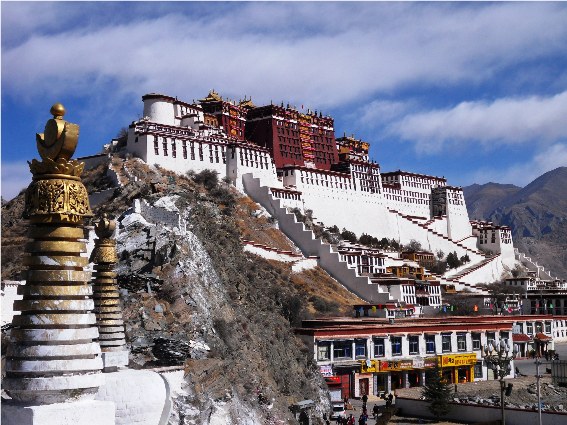 |
|
Potala Palace - Lhasa, Tibet
Dating back to the 7th century the palace was extended to its present size in the 17th century when it became the Dalai Lamas's main residence and the centre for political and religious affairs in Tibet until 1959 when the Dalai Lama fled to India. Consisting of two palaces, living quarters, temples and stupas it houses a wealth of national treasures. In this talk, Ron looks at the palace, its’ history and some of the treasures it contains. LEARN MORE
|
India
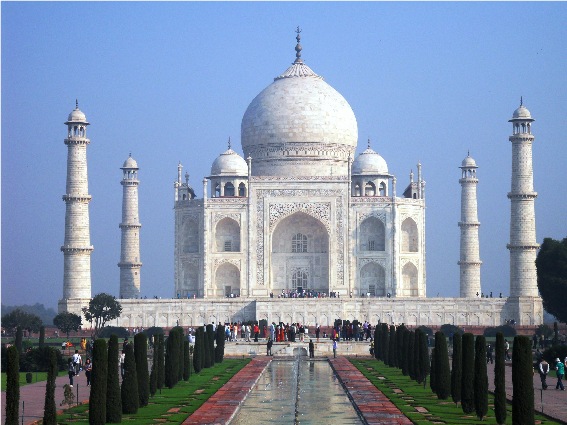 |
|
Taj Mahal - Agra
Completed by the Mughal Emperor Shah Jahan as a mausoleum for his favourite wife, Mumtaz Mahal around 1650, it has come to be known throughout the world as the symbol of India and of eternal love. In this talk, Ron will look at the background to its construction and the resources that went into it, which nearly bankrupted a nation. LEARN MORE
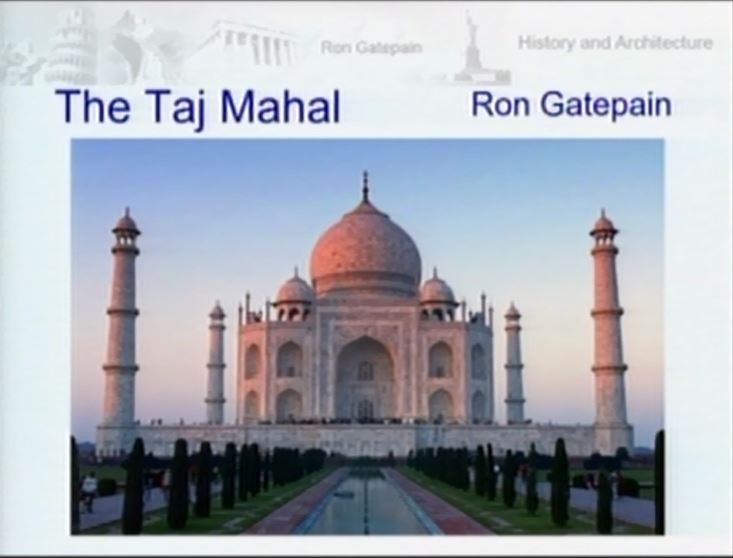
Click to play presentation
|
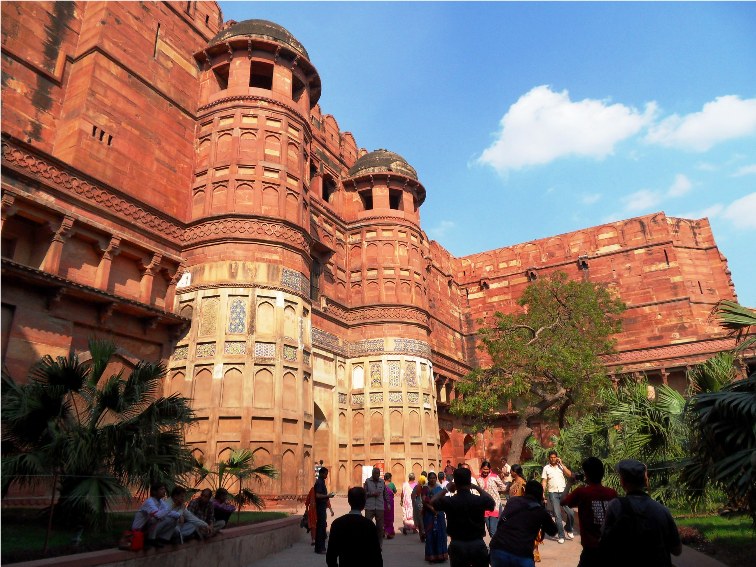 |
|
Red Fort - Agra
Built between the years 1565-73, the Red Fort contained 500 buildings and was one of the largest fortified residences of the Mughal Empire. From 1631 to 1640 it was partially converted into a palace by Shah Jahan with the Musamman Burj built as the palace of Mumtaz Mahal. It was here that Shah Jahan was imprisoned until his death and was to provide the only view of the Taj Mahal that he was allowed. In this talk, Ron looks at the history, the buildings, and the people involved. LEARN MORE
|
|
|
|
|
|
|
Cambodia
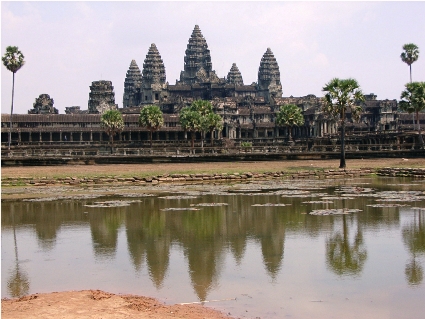 |
|
Temples of Angkor Wat & Thom - Siem Reap
Built in the 12th century, Angkor Wat is a masterpiece of Khmer architecture and the largest religious monument in the world. Dedicated to the Hindu God Vishnu, it was built as the Khmer king's state temple and capital city. In 1177 Angkor was sacked by the Chams, the traditional enemies of the Khmer though a new capital and temple was established at Angkor Thom a few kilometres to the north. In this talk, Ron looks at Khmer history and the temples at Angkor. LEARN MORE
|
Thailand
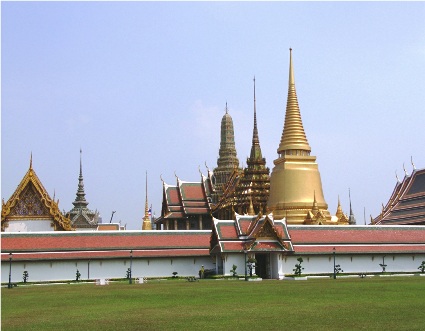 |
|
Grand Palace - Bangkok
Built in 1782, it was for 150 years the home of the Thai King and his Court and the administrative seat of his government. Also within its walls are housed the Thai war ministry, State departments, and the mint. In this talk, Ron looks at the buildings and their history. READ MORE
|
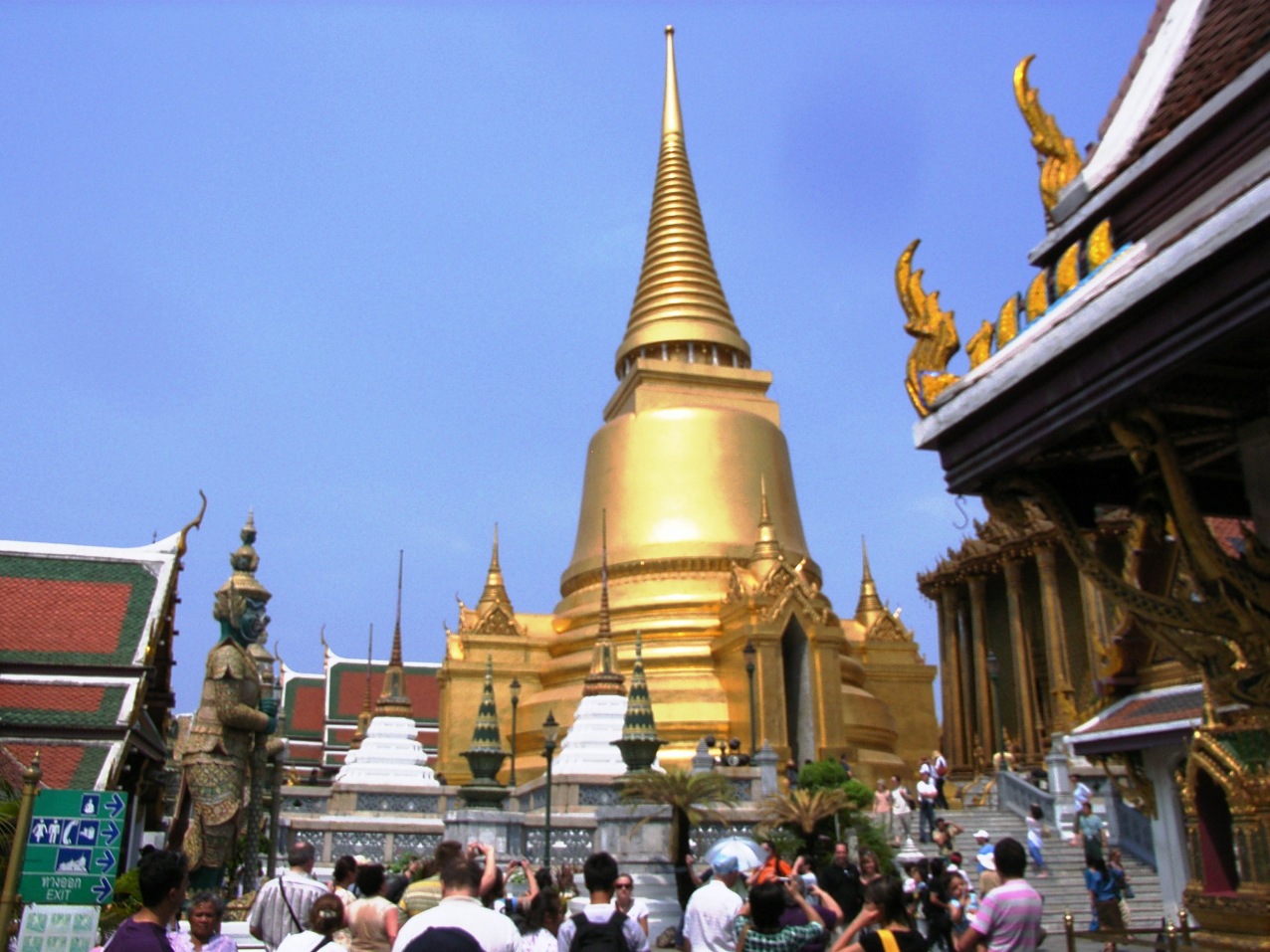 |
|
Temples of Bangkok
Bangkok contains a myriad of Temples scattered around the city. In this talk, Ron looks at some of the most famous including the Temple of the Emerald Buddha and the Temple of the Reclining Buddha. He explains their history and the background of Buddhism. LEARN MORE
|
Malaysia
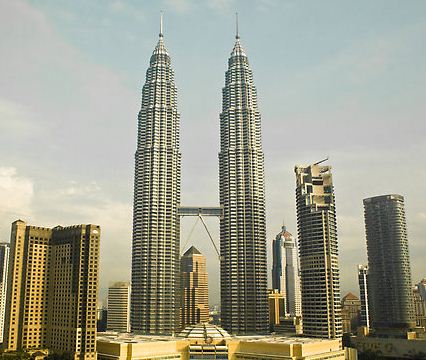 |
|
Petronas Towers - Kuala Lumpur
Until 2003 the world's tallest building identified Kuala Lumpur as a commercial and cultural capital. Requiring a depth of 120 m for the foundations the 88-floor concrete towers has a design influenced by Islamic traditions in art and architecture. In this talk, Ron looks at high-rise buildings and the design and the construction methods which were required in the Petronas Towers, and the construction of a bridge between the two towers at 558ft above ground.
|
Japan
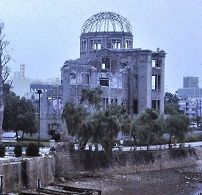
|
|
Hiroshima Peace Park - Hiroshima
On the 6th August 1945, the aircraft Enola Gay dropped a nuclear weapon on the city of Hiroshima killing instantly an estimated 80,000 people and marking it as one of the memorial events in world history. By the end of the year, the total number of casualties had risen up to 140,000. 69% of buildings had been destroyed on impact as had its’ heritage. In this talk, Ron looks at the history of Hiroshima and the events leading up to the dropping of the bomb and the rebuilding of the city and takes a look at the Peace Park which commemorates the event. READ MORE
|
Australia
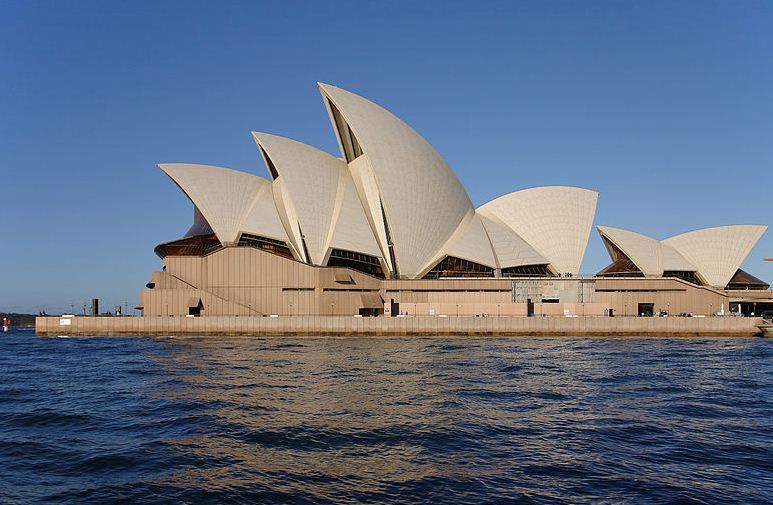 |
|
Sydney Opera House - Sydney
Situated close to the Sydney Harbour Bridge, the building has since its completion in 1973 become one of Australia's best-known icons due to its distinctive pre-cast concrete shell roof structure. In this talk, Ron looks at the design and construction of the building and its status as a
performing arts venue.
|
|
 |
| |
 |
|


